Why is the Indian Army so Different From the Pakistan Army?
Thu, 07 Oct 2021 | Reading Time: 4 minutes
Have you ever thought how come Armies that originated from the very same British Indian Army turned out to be so different in India and Pakistan? What were the causes of such drastic change? After all men like Field Marshall Sam Manekshaw and General Zia Ul Haq were both being pass outs of the very same Indian Military Academy, they had had extremely different ideologies!
The History
Pakistan was born out of India, post a bloody partition which led to the loss of a million lives and 14 million people being displaced. It was about time the Pak Army invaded Kashmir which led to the first battle of Kashmir in 1948, bringing the Pak Army to the limelight for the first time by their citizens.
In undivided India, the largest single component of the army was drawn from undivided Punjab. Most of the Muslim Punjabis officers went to Pakistan and Sikh and Hindu Punjabis stayed in India. Around 25% of Pakistan’s population consisted of Punjabis, but those in the Army were up to 75%! Hence at the time of Partition, of all the institutions that Pakistan inherited, the most substantive was its army.
Pakistan being a new nation had fewer institutions for the initial processes of the nation. A lot of government departments had to be newly created and all of them lacked manpower and experience. Comparatively, the Pakistan Army had a strong foundation and had good funding. Budget of Pakistan in the early days used to contribute heavily to the defence due to the fear that India might attack their country.
Political Leadership
When talking about political leadership, Pakistan didn’t have a durable party like the Congress, the Muslim League was limited to Jinnah(who died in 1948) and his Private secretary Khurshid Hasan.
Post Jinnah the leadership was not very strong so much that 9 years post-independence Pakistan had four prime ministers, four governors-general, one president and no constitution! Political stability was low and governance was less.
In the 1950’s Lahore witnessed riots the civilian authorities being unable to control the city called upon the Army to take charge of the situation. The army not only took the situation under control it also performed basic civic duties like construction of roads, painting of buildings and restoring communication networks leaving Lahore to look like a clean and well ordered Army cantonment. This helped the army earn the respect of civilians in Pakistan who were not too happy with the inefficient civilian administration. In 1958, when the army took over people said “Pakistan me ab Mashallah(Martial Law) ho gya”
The Martial law did surely help Pakistan develop, but as the saying goes “Power tends to corrupt, and absolute power corrupts absolutely” time passed and corruption increased.
The Army slowly sowed its roots in all institutions of the country. The Pak Army today owns over 50 companies ranging from FMCG goods to banks! An Organization which has a stronghold over the economy is bound to have a major say in the decision making of the nation. After four coups, It is often said “countries have an army, but in Pakistan, the army has a country”
While when we compare this to the Indian army or any democratic country for that matter, this will sound bizarre! We’ve had an efficient political system post-independence with the voice of every political thought being heard, every citizen’s voice being heard irrespective of caste, creed, gender religion. We’ve had our ups and downs, we have had our days but we sailed through them and maintained democracy.
Cultural Differences
The Pak Army like the Indian Army inherited the culture of the British Indian Army but soon it changed. According to Stephen Cohen, Pak Army has 3 generations- the British generation, the American generation and the Zia generation.
The British generation was more interested in modern military theory than theology. They didn’t hold any strong religious views and were secular
The British generation came from the British Indian Army, they had been trained In Sandhurst and had fought in World War 2.
The American generation officers were sent to the US for their training and they also didn’t have any strong religious views and had developed a modern attitude.
The Hamoodur Rehman commission report in 1971 said that a large number of senior officers had indulged in large scale acquisition of wealth and property. They had adopted highly immoral ways of life, which affected their professional competence. Gen Niazi was found indulging in prostitutes. They looked up to Gen Yahya Khan who was a regular heavy drinker. His President House was called a “whore house” by his policemen and was filled with pimps and drunks.
After the humiliating defeat in 1971, the American generation was replaced by the Zia Generation. Which had a closer relationship between the military and jihadists. They collaborated in Afghanistan and Kashmir. Though Zia’s Islamization impacted Pakistani society as a whole, it had a huge impact on the Army. Alcohol was banned in the officers’ mess. In his vision of creating a devout army, emphasis was laid on organising prayer times and religious fasts. Tablighi Jamaat became active within the army. Religion was integrated into the syllabus of the staff college, Quetta.
In Senior military appointments, no non-Muslim ever rose above the rank of Lt. Colonel and equivalent in the three services. Group Captain Cecil Chaudhry, who had performed well in the 1965 war was up for promotion, but it was turned down by Zia.
However, the Indian Army has always had a secular outlook and an apolitical demeanour right from 1947. Unlike the homogeneous Pakistan army mainly having Punjabis at top echelons, the Indian Army just valued competence. In India, all the tri-service chiefs are at the same level, compared to Pakistan Where Navy and Airforce Chiefs are subservient. Even the bureaucracy is subservient to the Pakistan army.
These are the reasons why stemming from the very same British Indian Army, the Indian Army and Pakistan Army went in two different directions.
Disclaimer
The opinions expressed in this article are the author’s own and do not reflect the views of Chanakya Forum. All information provided in this article including timeliness, completeness, accuracy, suitability or validity of information referenced therein, is the sole responsibility of the author. www.chanakyaforum.com does not assume any responsibility for the same.
Chanakya Forum is now on . Click here to join our channel (@ChanakyaForum) and stay updated with the latest headlines and articles.
Important
We work round the clock to bring you the finest articles and updates from around the world. There is a team that works tirelessly to ensure that you have a seamless reading experience. But all this costs money. Please support us so that we keep doing what we do best. Happy Reading
Support Us




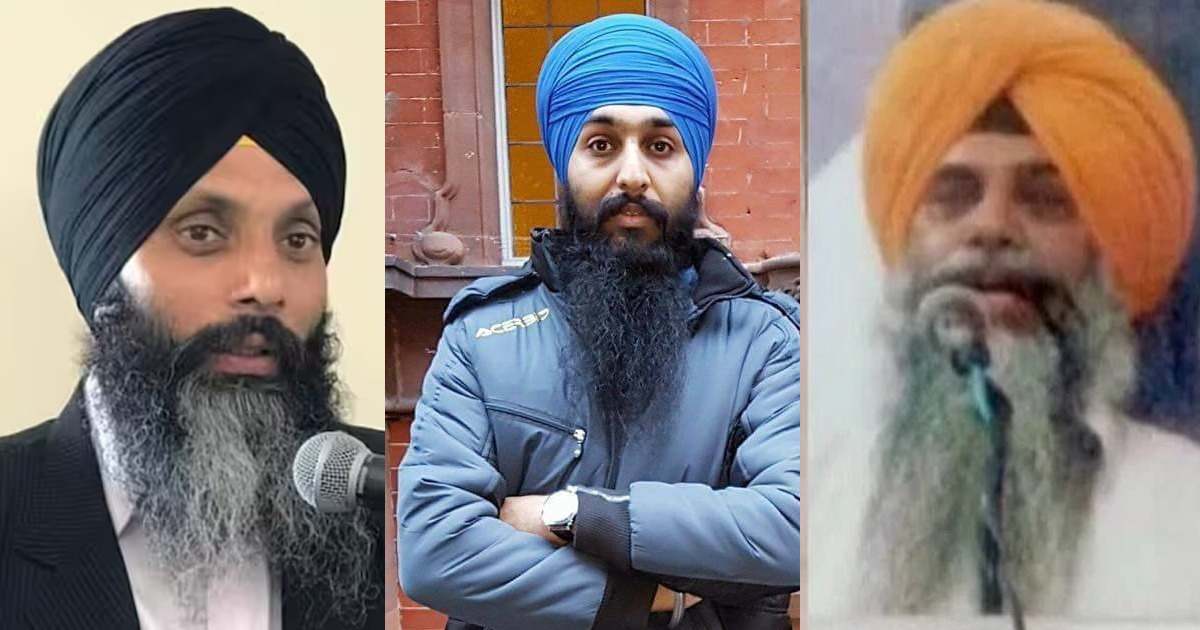
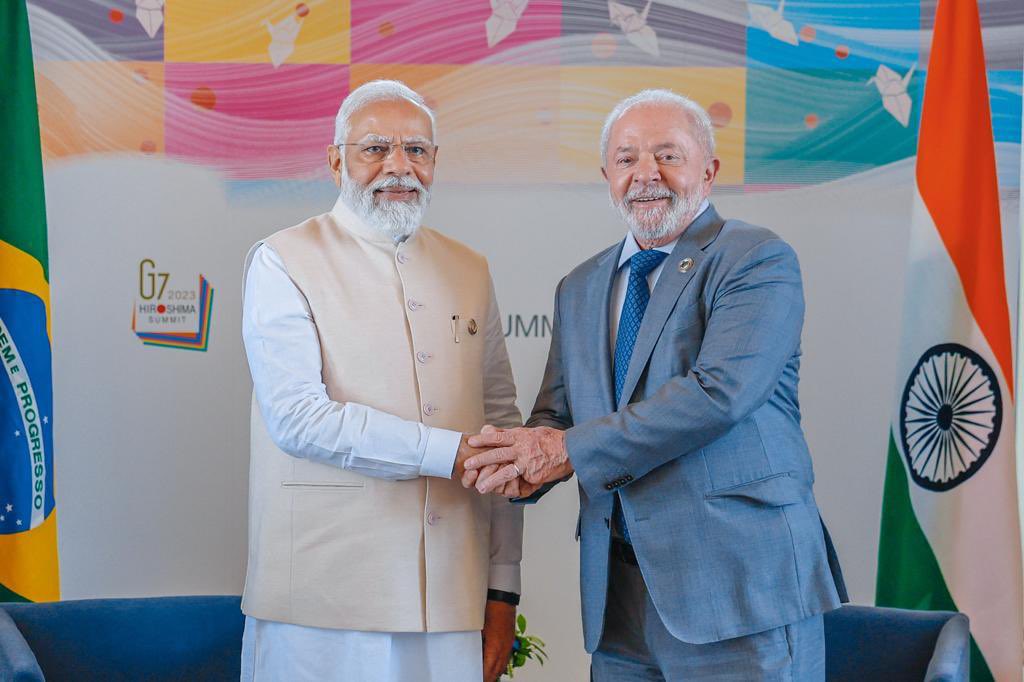

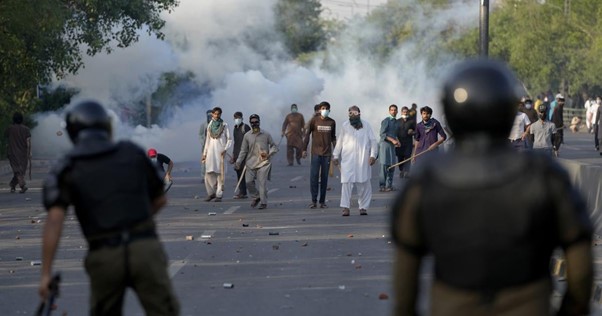

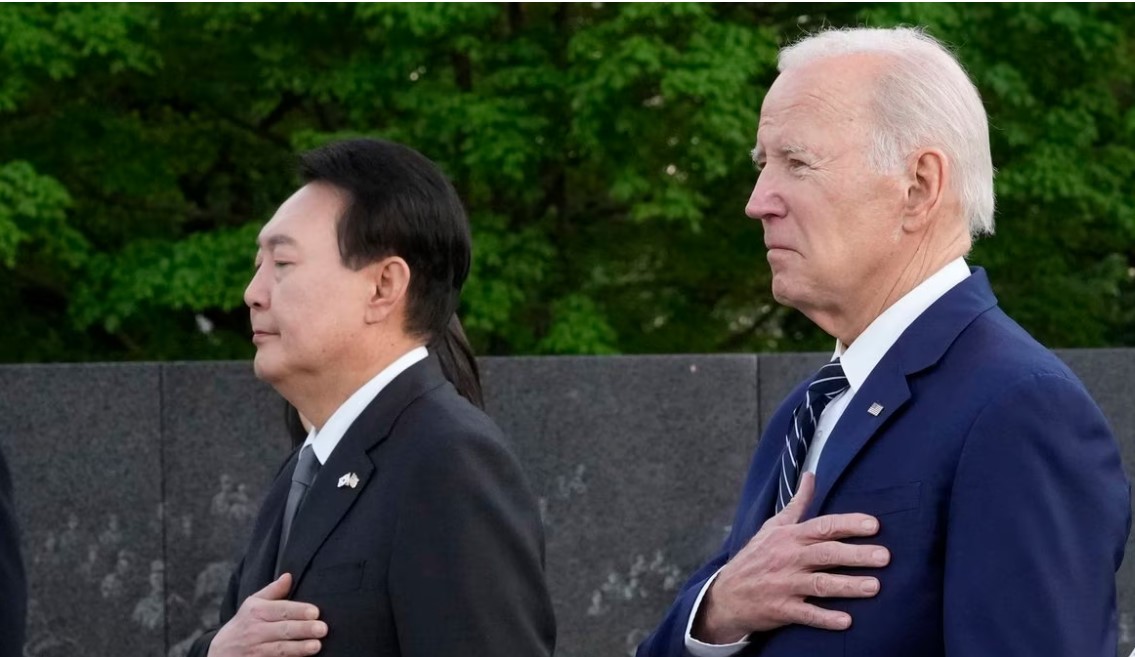

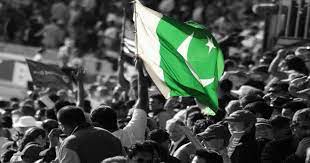
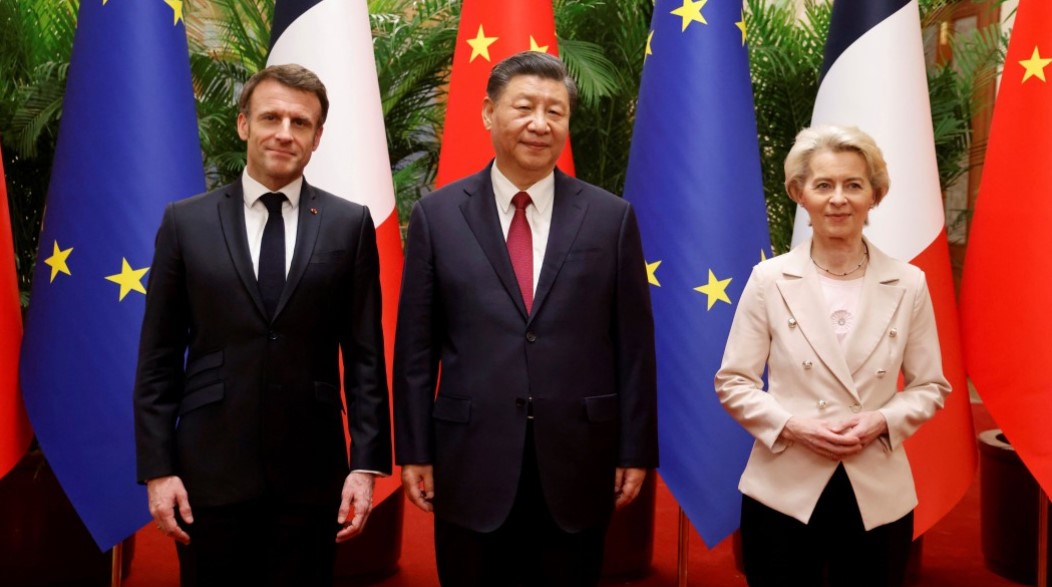







POST COMMENTS (0)